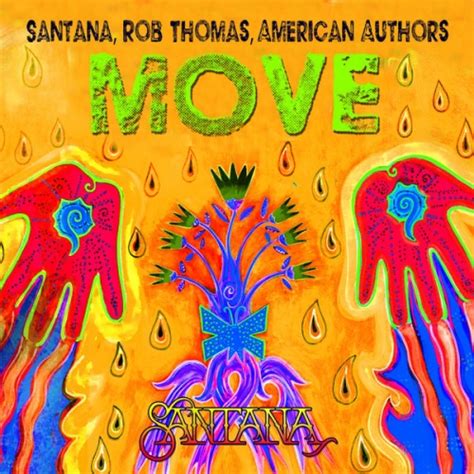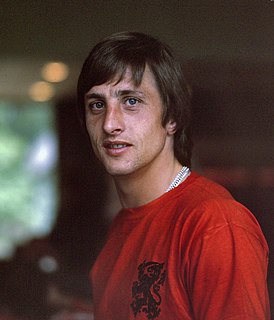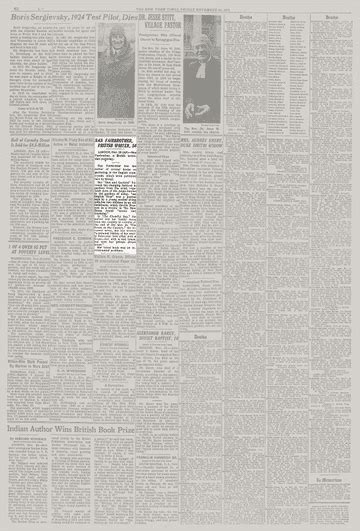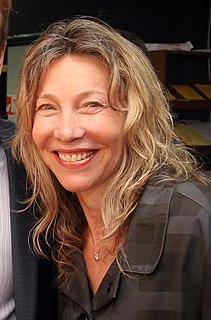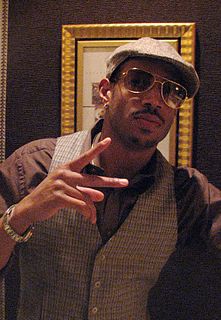A Quote by Larry Elder
Rent-control laws disproportionately benefit the non-poor because the elite pull strings, work the system and are better connected than the non-poor.
Related Quotes
God wants us to show compassion and understanding toward the unemployed or the poor not because they are poor, but because poor people, with help from those who are already successful, can become rich. And when the poor become rich, all will benefit, because in our modern economy new unemployment is the first sign of economic growth.
Little by little, the U.S. has allowed questionable domestic policies to chip away at the only hope poor students have at a better future. The Right Wing loves to distract voters from these realities by making it seem as though the poor remain so because they lack the work ethic necessary to 'pull themselves up by their bootstraps.'
Our legal system, including the police, is anti-Dalit and anti-poor. The death penalty laws' wrathful majesty, in blood-shot equality, deals the fatal blow on the poor not the rich, the pariah not the brahmin, the black not the white, the underdog not the top dog, the dissenter not the conformist. . . The law barks at all but bites only the poor, the powerless, the illiterate, the ignorant.
When you live in a poor neighborhood, you are living in an area where you have poor schools. When you have poor schools, you have poor teachers. When you have poor teachers, you get a poor education. When you get a poor education, you can only work in a poor-paying job. And that poor-paying job enables you to live again in a poor neighborhood. So, it's a very vicious cycle.
The hardest thing about an easy match is making a weak opponent play poor. A poor player isn't poor because he tends to kick the ball in his own goal. It's because when you put intense pressure on him, he loses control. So you have to increase the tempo of the game and he'll automatically give the ball away.
Poverty assumes so many aspects here in India. There aren't only the poor that you see in the cities, there are the poor among the tribes, the poor who live in the forest, the poor who live on the mountains. Should we ignore them as long as the poor in the cities are better off? And better off with reference to what? To what people wanted ten years ago? Then it seemed like so much. Today it's no longer so much.
The fact that more than half of the young black men in any large American city are currently under the control of the criminal justice system (or saddled with criminal records) is not - as many argue - just a symptom of poverty or poor choices, but rather evidence of a new racial caste system at work.
I don't want there to be this separation between the rich and poor. I may be part of the three percent because I've been fortunate and done well for myself, but I will never forget about the 97 percent. That was me growing up. I was so poor I dreamt about being just 'regular poor,' not 'poor, poor.'








